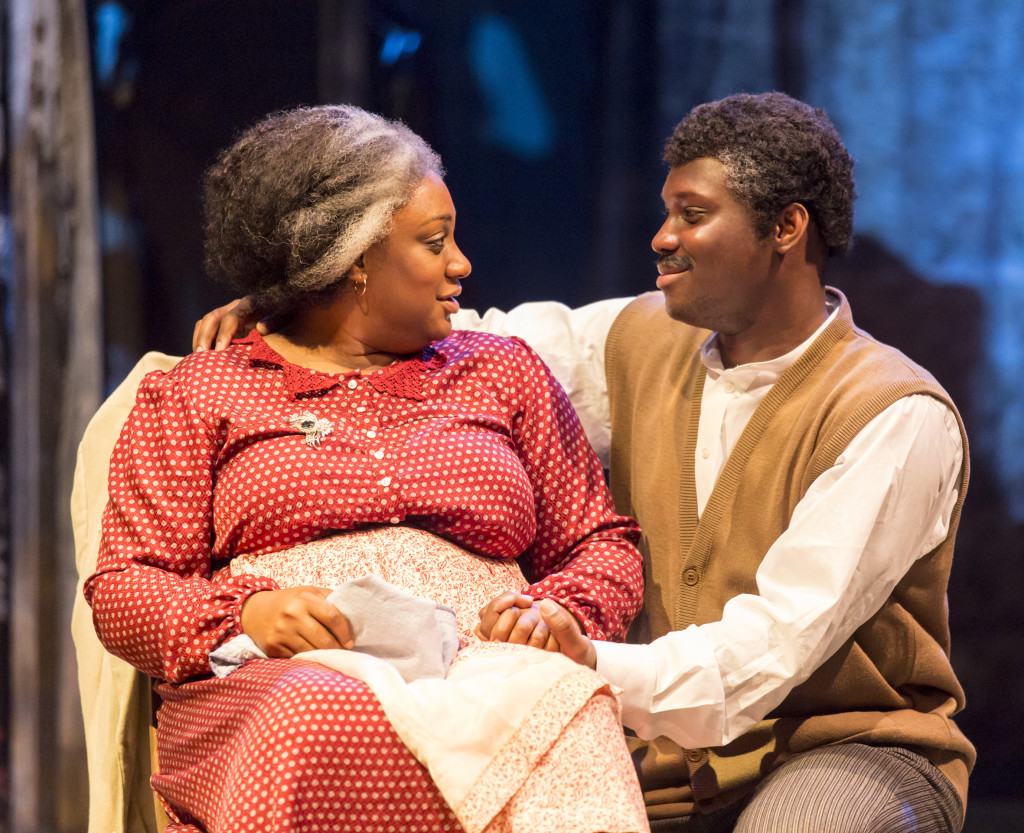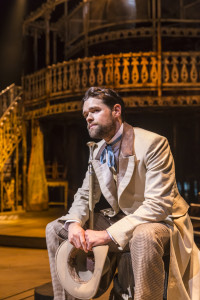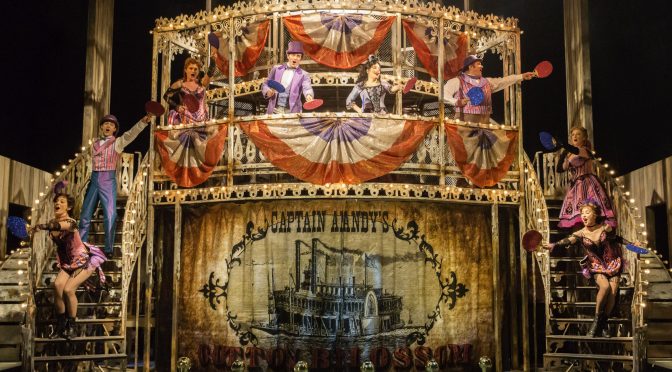Daniel Evans, director of this latest revival, describes Jerome Kern and Oscar Hammerstein II’s Show Boat as “the mother of all musicals”. It’s old – a first version dates from 1927 – so it’s safe to say that the songs have stood the test of time. Serious subject matter – a troubled love story with a backdrop of racism in the Deep South – carries a message of tolerance. And while the piece is not exactly timeless, this brilliant production makes it considerably more than a period curiosity.

Rave reviews from the production’s premiere in Sheffield, and the reason the show unquestionably deserves all those stars, come from high production values and the performances secured by Evans. Lez Brotherson’s design screams that it’s a big bucks show. The action is held together by Malcolm Sinclair, as the showboat captain, and there are stand out performances from Sandra Marvin as Queenie and Emmanuel Kojo, who sings that famous anthem to the Mississippi. As for the leads, the lovers Magnolia and Gaylord, Gina Beck and Chris Peluso are real stars at the top of their game.

But what to do with all the history? Despite noble intentions, it’s impossible not to see Show Boat as uncomfortably racist, not to mention sexist and snobbish. Black characters are the backdrop here, no matter how much Evans tries to refocus our attention. And all those gals who ‘Can’t Help Loving Dat Man’ need a talking to. Wisely, Evans accentuates the affirmative with a view of the family – extended by theatrical camaraderie – that gives pause for thought and makes this a feel-good evening.
Drama arrives unexpectedly on the river, the years pass glibly and resolution is minimal. Love at first sight and characters bursting into song, well, that’s what fools who dislike musicals complain of. And, let’s be honest, the characters here are wafer thin and everyone’s heart is permanently on their sleeve. But, with a somewhat luxurious pacing, Evans doesn’t bother with excuses or gimmicks that try to update the experience. This show has earned respect – let’s call it old fashioned and enjoy it.
Until 27 August 2016
Photographs by Johan Persson


